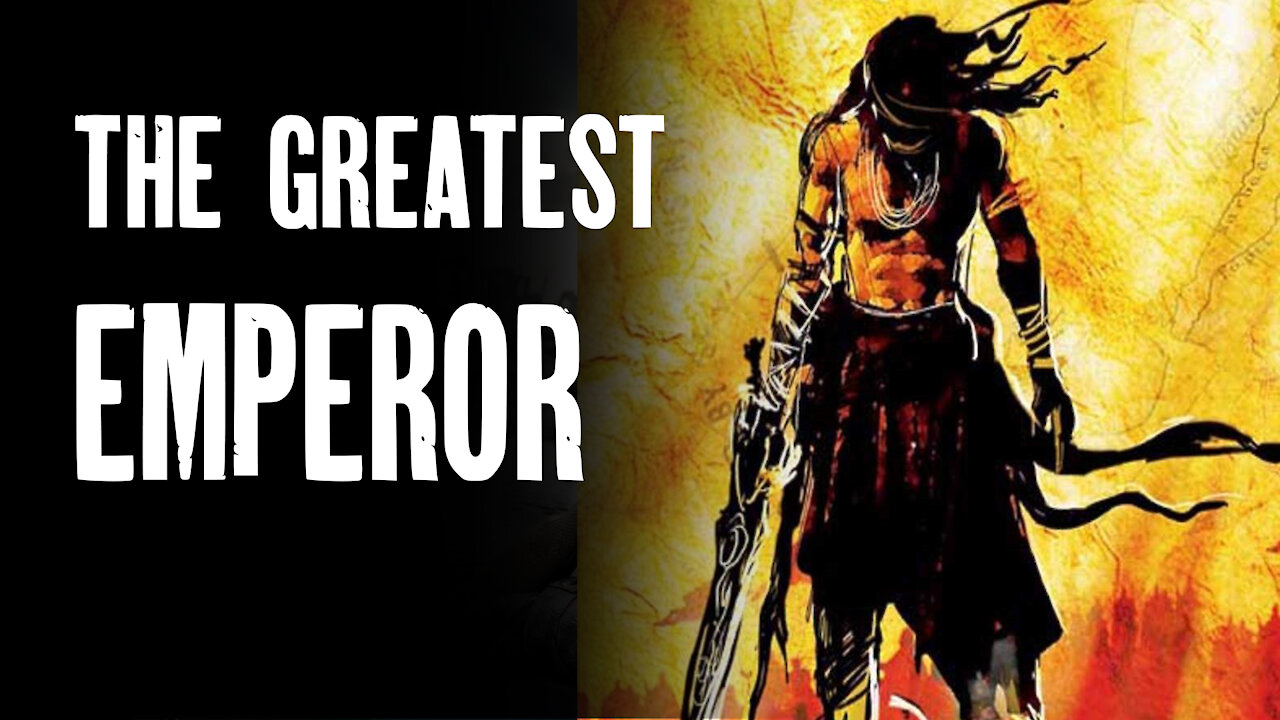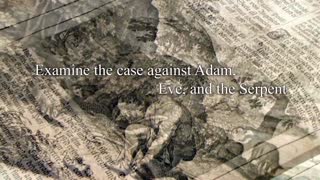Premium Only Content

The Ozymandias Paradox: The Forbidden Government
When Dharma prevails, there is no need for laws. That is the essence of Confucianism.
Laws are not the consequence of the degeneration of customs, but their cause. According to Lao Tzu "The more prominence is given to laws and regulations, the more thieves and robbers there will be." Virtue prevails over legalism. The idea of dishonor can exercise greater ethical rectitude than the fear of criminal punishment. An obvious success of this method was the Hitler Youth, achieving that juvenile delinquency in the Third Reich has been almost nil.
The promotion of traditional customs precedes the sophistication of laws. Asoka, one of the great monarchs in history, ruled his vast empire in peace, managing to influence and rule his people through Dharma, WITHOUT CONSTITUTIONS, WITHOUT LAWS. And what is the Dharma? It means doing the right thing. It is the form of mercy, charity, truthfulness, purity and virtue.
However, this type of government has been lost in favor of legalism. Laws does not guarantee equality, nor freedom; since Those who are architects of regulations have the freedom to break them. According to Montesquieu "The very nature of power is despotic." For Lao-tzu, the government, with its "laws and regulations more numerous than the hair of an ox," is an evil oppressor of the individual. Lao-tzu was of the opinion that social institutions should be completely abolished. Only government inaction can allow the individual to prosper and achieve happiness. Government intervention leads to war, confusion and chaos.
According to Zhuangzi, the world "simply does not need government: in fact, it should not be governed." The government's goal is never to benefit the people, but to control and plunder them. In this way, theft and corruption are encouraged among unhappy people. The common idea that a strong government is needed to combat disorder among the people makes the serious mistake of confusing cause and effect. Spinoza points out that people's conflicts require a State to control them by issuing laws. Therefore, freedom can only be won when reason controls passion. Only then will no laws be required to enslave us and, therefore, there will be no need for a state.
In the stateless era, there was no war or disorder: the history of government is the history of violence, of the strong crushing the weak. In the mentality of the Indo-European peoples, the first ages were times of justice, harmony, beauty and wisdom, which were corrupted until giving rise to times of degeneration, betrayal, conflicts, violence, dishonor, materialism, debauchery, miscegenation and dysgenesis that distance ourselves from divine Nature. According to Empedocles, the cosmic cycle is based on the conflict between love and discord. "Love" unifies multiplicity, while the force of "hate" divides unity. In this Universe, according to Empedocles, Discord is increasingly advanced with respect Love, making the world cruel, chaotic and imperfect.
History offers two classic models of government. The Imperial Aryan (Greco-Roman-Indo-Iranian) model, based on the Principle of Union, and the Synarchic Empire (Carthaginian-Semitic), based on the principle of Division. The Aryan Empires have always been founded on Honor; the peoples subjected to the military conserve their cultural integrity, language and customs. It exalts the idea of seeking the common good and national-racial unity to form a single indivisible socio-spiritual entity.
Fascism and National Socialism were the latest examples of this model. Fascism comes from the term fascio littorio, the bundle of rods. It means "unity is strength," since it is easier to break a single stick than to break a bundle. National socialism creates an even more deeply rooted spiritual and biological bond, based on the idea of race, identifying land and people with their charismatic leader. "Ein Volk, ein Reich, ein Führer!" (One People, One Empire, One Guide!)
The Synarchic Imperial Model, on the other hand, is based on Machiavelli's principle: "the King must divide to reign." The subjugated peoples are enslaved, humiliated, corrupted, dehumanized, transformed into tools. The colonial people are culturally indoctrinated, specifically attacking their racial-national unity through immigration with other peoples. Individuals can no longer agree with each other and end up fighting each other. The chaos generated, at the cost of the common good, allows the synarchy to maintain power (Ordo Ab Chao).
The only reason to be a statesman is to SERVE his people and promote the general welfare. Otherwise the government is illegitimate. Legend has it that Asoka, instead of establish legalism, built stupas to commemorate the life of the Buddha, the inner walls of which were shaped like a SWASTIKA, a symbol representing the cosmic dance that protects humanity against the forces of evil. In this decadent, corrupt and despotic world, the figure of Ashoka shines in the darkness.
-
 3:49
3:49
RaNDomGuy1990
4 years ago $0.07 earned#THePeoplevs The Government
3141 -
 0:15
0:15
SpartanessE
4 years ago $0.05 earnedForbidden gathering
403 -
 0:15
0:15
DD214Guy
4 years ago $0.14 earnedCOVID Government Overreach
7741 -
 25:48
25:48
Silling
4 years ago $0.05 earnedGod Ordains Government
131 -
 0:58
0:58
Jamaer
4 years agoThe Sin Paradox
20 -
 3:24
3:24
Daypro
4 years agoThoughts on normal Government
24 -
 3:11
3:11
KGTV
4 years agoIn-depth: Dissecting a divided government
1371 -
 1:08
1:08
What Is Truth
4 years ago $0.05 earnedGovernment Spending
3141 -
 0:49
0:49
BANGBizarre
4 years agoPakistan government bans Tinder
46 -
 0:20
0:20
WFTX
4 years agoSchool and government operations after Eta
41